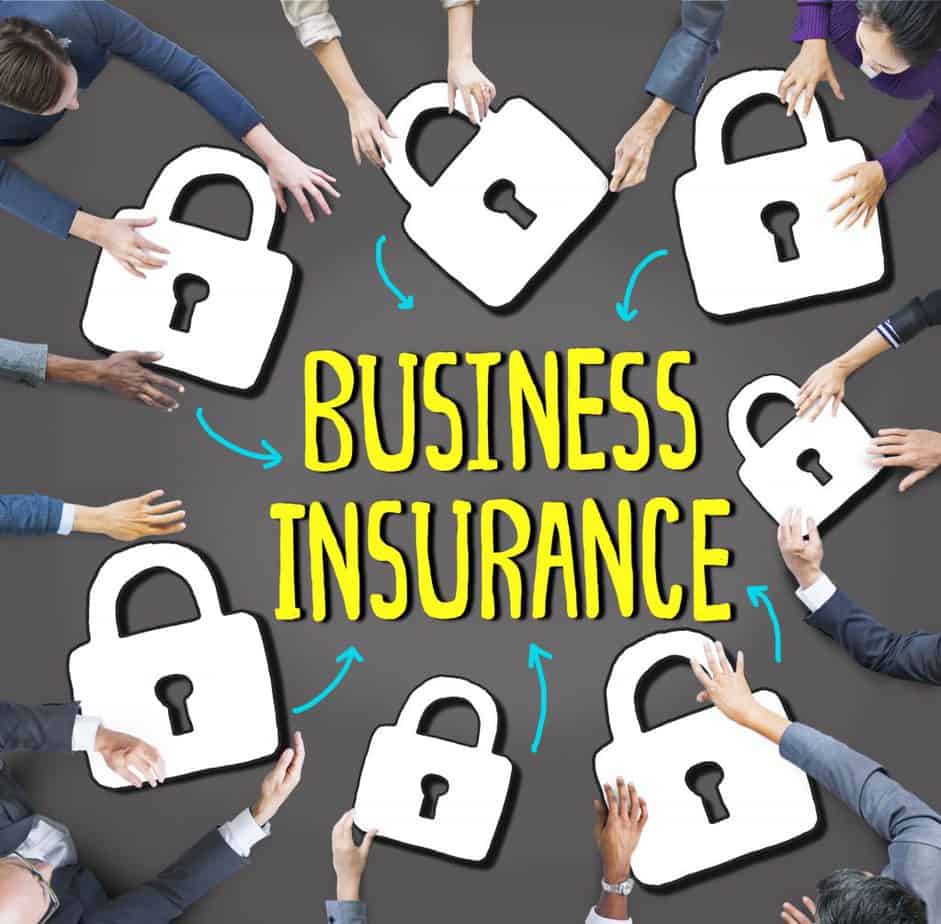If you own or lease a place of business, everything you’ve worked for can be jeopardized as quickly as it takes someone or something to fall and hit the floor.
A business must have commercial liability insurance to protect it from the costs of injuries, property damage, and other expenses if a visitor or customer is hurt in an accident on the premises of the business.
Business owners have a legal obligation to ensure that their premises are safe for customers who, in legal terms, the business has invited onto your property. Suppose a customer is injured due to a business’s neglect of hazardous conditions, disregard for safety, or failure to warn of a known hazard. In that case, the company may be liable for the costs of the injuries.
What Does Commercial Liability Coverage Do?
Liability insurance protects a business’s assets in the event of a slip-and-fall accident or another personal injury claim, such as over an allegedly defective product.
Commercial liability insurance also is known as “business liability insurance” or “commercial general liability insurance.” It is often sold along with property insurance as a combined policy for business owners. Coverage typically provides payments for:
- Bodily injury, paying for the medical bills of people injured on your business property who are not employees.
- Property damage, such as if a customer’s car is damaged by falling equipment at your place of business.
- Personal damage to a non-employee’s reputation or rights includes copyright infringement, invasion of property or privacy, slander, or libel.
- Legal costs, usually not including punitive damages ordered by a court.
What Level of Coverage Does Your Business Need?
The amount of insurance coverage your business needs depends on the type of business you have and its risk. The location of the company also is a factor.
Massachusetts is a modified comparative negligence fault state, which means an alleged accident victim who is 51 percent or more at fault cannot recover damages. There is also a three-year statute of limitations for Massachusetts’s general personal injury and products liability claims. But it is only prudent for business owners to protect their business with adequate liability coverage.
The National Safety Council says 32,000 people died in falls in the U.S. in 2014, making fall accidents our country’s third leading cause of unintentional death. The NSC’s Injury Facts 2016 cites 47,000 injuries and nearly 600 deaths from slips, trips, and falls in the workplace in 2013.
The Massachusetts Office of Health and Human Services says falls are the No. 2 cause of accidental deaths (after poisoning) and the No. 1 cause of nonfatal injuries resulting in emergency room visits and hospital stays.
Consider the following scenario of a business being sued for $250,000 for medical costs associated with an injury, plus $100,000 in legal fees. A policy with $300,000 worth of coverage would leave the business owner $50,000 to pay out of pocket.
Businesses that already have general liability insurance may purchase an umbrella policy that increases the coverage limits, the Small Business Administration suggests. The agency suggests researching your industry before obtaining coverage and reviewing client or project contracts, which may specify coverage requirements.
The SBA says that owners of mobile businesses, such as food trucks or mobile service providers, which do not have brick-and-mortar sites, may require a business owner’s policy to provide additional coverage not included in a general liability policy.
How Do Slip-and-Fall Lawsuits Work?
Slip-and-fall claims and similar personal injury lawsuits that stem from accidents in places of business fall under the area of law known as premises liability law.
All property owners must ensure their properties are safe for visitors. However, businesses that solicit visitors, such as grocery stores and department stores, are held to a higher standard of ensuring the premises are safe.
When a hazard exists on a property, such as a puddle from a spill or a pothole in a parking lot, the property owner should remove or clean up the danger promptly or adequately warn visitors that the hazard exists, such as posting a prominent warning sign.
A person injured in a fall or another accident may file a compensation claim that will need to show that the property owner was negligent in warning about the hazard.
Business owners are generally protected if the plaintiff acted recklessly or was intoxicated. The hazard was obvious enough that a reasonable person should have known to avoid it, such as an open pit at a construction site.
For example, if snow and ice tracked into a lobby caused a puddle where someone slipped and fell and broke their wrist, the injured person might sue. But if the business owner can show that the doors opened at 8 a.m., the puddle formed by 8:15, and a housekeeper was on the way to the lobby when the accident happened at 8:20; the business owner might be protected.
The business owner might argue that they sought to mitigate the hazard promptly.
However, an attorney for the plaintiff could argue that the business owner should have anticipated the hazard based on weather forecasts and past occurrences.
Regardless, without insurance, you are on your own to defend yourself against a legal claim. With insurance, your insurer will weigh whether to settle a claim or fight it in court. In the end, the decision could go to a jury sympathetic to an individual versus the supposed deep pockets of a business.


